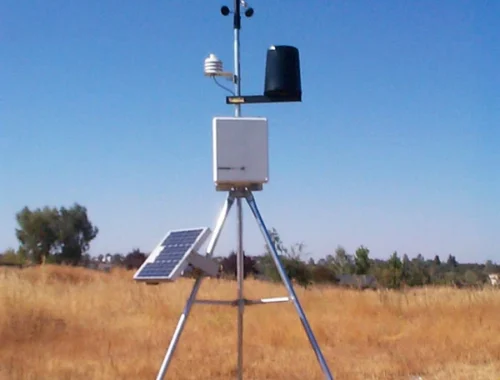Galileo contracts awarded
Galileo contracts awarded
Contracts totalling €1 billion awarded in EU’s long-delayed satellite-navigation project.
The European Commission has awarded contracts worth a combined total of more than €1 billion to three companies to help launch the Galileo satellite-navigation system.
This is a milestone for the long-delayed project, which is meant to be operational by 2014.
A German company, OHB System, has won a contract to deliver 14 satellites worth €566 million. Arianespace, a French company, should deliver five Soyuz launchers at a cost of €397m, while Italy’s ThalesAleniaSpace will provide support services worth €85m.
Antonio Tajani, the European commission for transport, said that the award of contracts was “concluding a critical phase” of Galileo.
“We can now focus on the actual roll-out and demonstrate to European citizens that Europe’s own satellite navigation system is under way,” he said.
Galileo is intended to be Europe’s alternative to the US’s Global Positioning System (GPS), envisioned as a complementary rather than rival system. Conceived at the end of the 1990s as a grand strategic project, Galileo almost collapsed amid rows over its escalating budget and problems agreeing the management structure.
European ministers finally gave the project the go-ahead in 2007, setting a €5bn budget.
Costs are likely to rise again, however. Tajani said that the Commission was still in the process of calculating the final bill. He said that this could not be finalised because some costs, especially for the launchers, are still rising. “For now we are in line with the budget as it has been approved to date,” adding “we may in the future be facing problems”.
The European Space Agency will sign contracts with the three chosen companies in the coming weeks. Three further contracts are to be awarded by the middle of the year.
This will be followed by a test phase, with two satellites to be put into orbit by the end of this year and two in 2011. From 2012, one satellite will be launched every six weeks, until a total of 30 satellites are in space.
Galileo is intended to bring much more precise satellite navigation, especially in big cities where tall buildings can obstruct signals, as well as in northern Europe, where the Commission says that GPS coverage is patchier.
Advocates say that Galileo’s improved services will offer many benefits, from helping fight forest fires to reducing traffic congestion.
Click Here: Fjallraven Kanken Art Spring Landscape Backpacks
You May Also Like

ユニットハウスのメリットとデメリットを徹底解説
March 22, 2025
Dino Game: A Timeless Classic in the World of Online Gaming
March 21, 2025